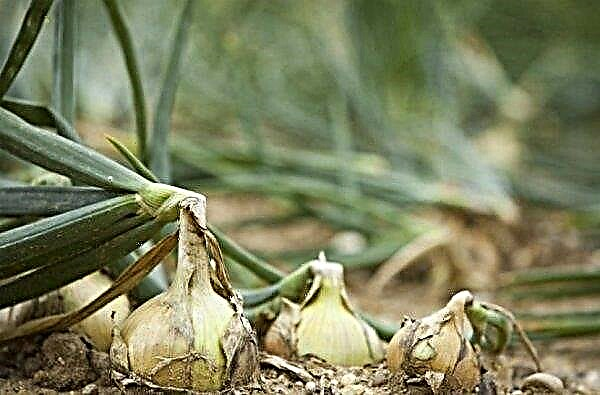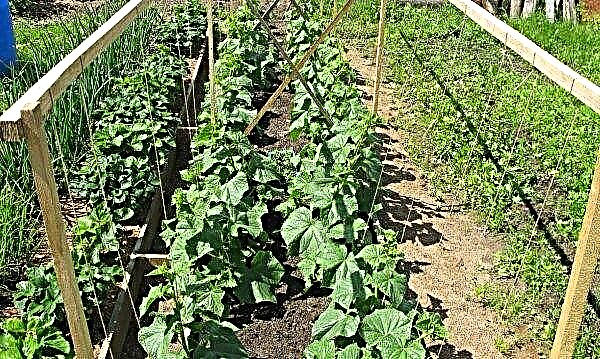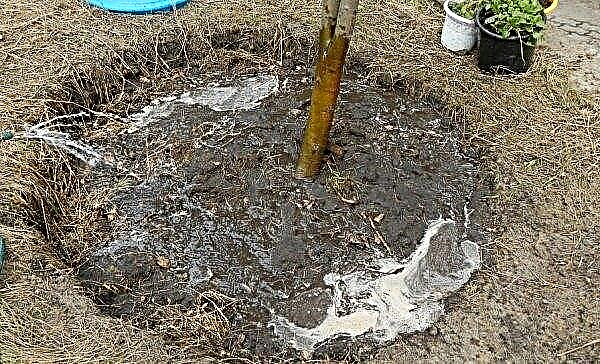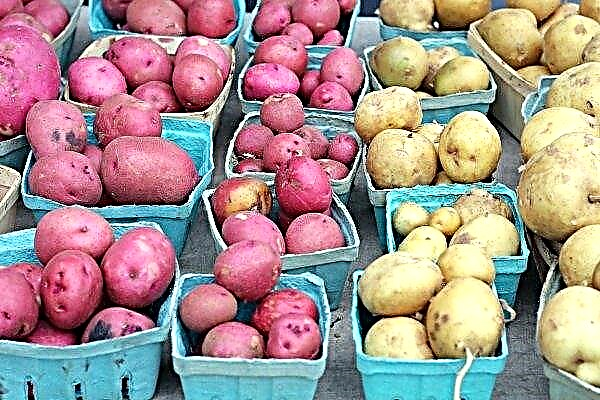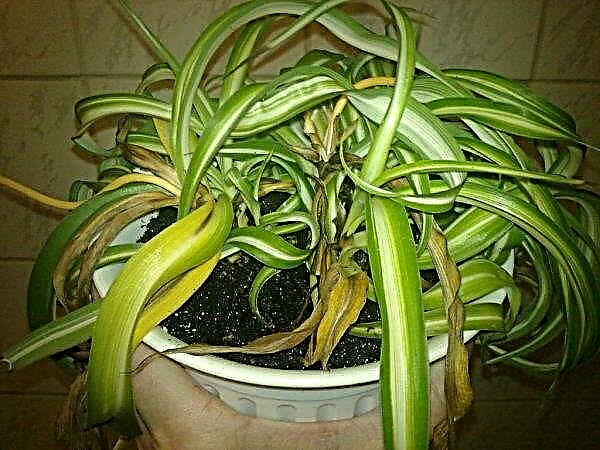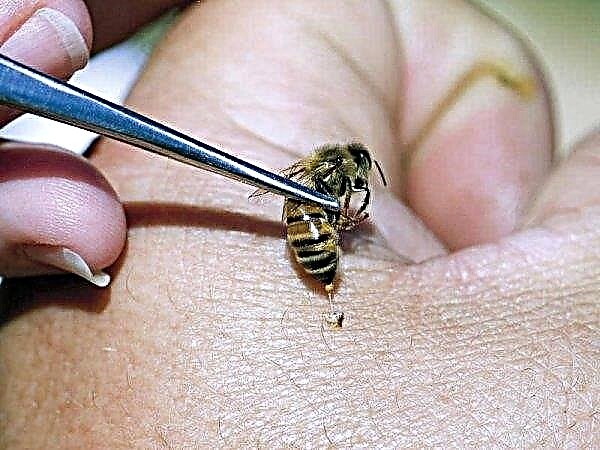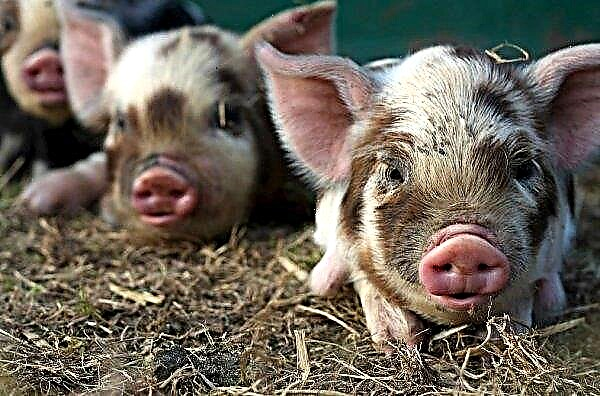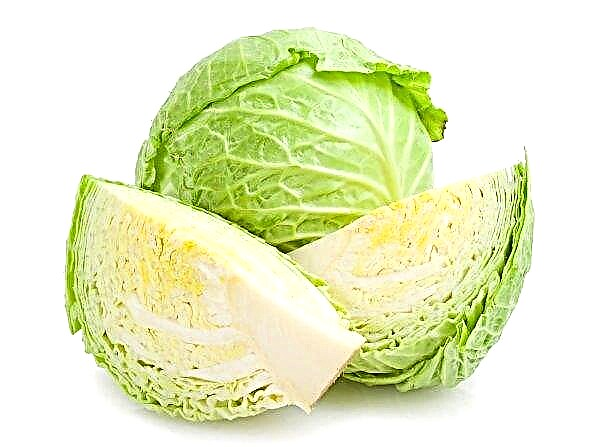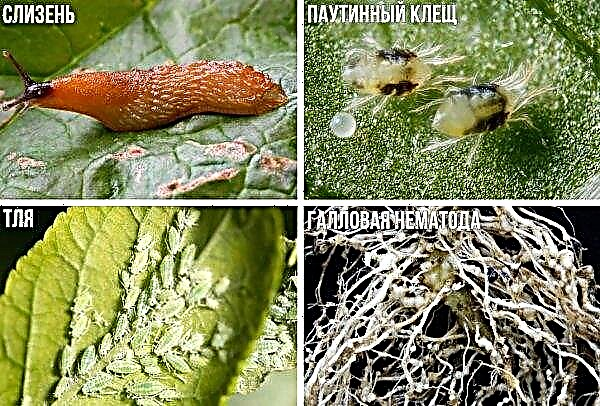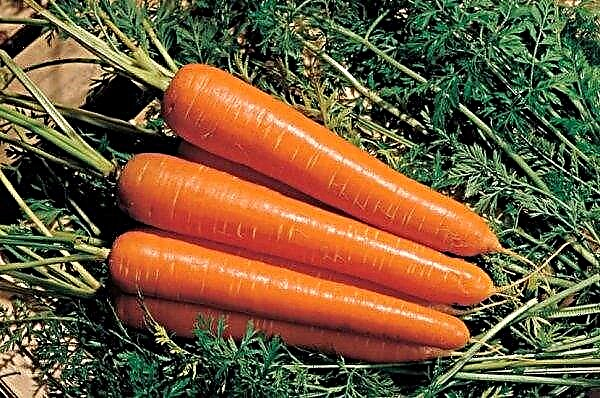Farmers grow pepper without profit, even with big losses after deducting investment costs, so many families refuse to grow pepper and reduce the area of gardens.
Currently, black pepper crops on Phu Quoc Island in Qin Giang Province have plummeted and farmers are not making a profit. This traditional profession at the pearls of Phu Quoc Island is endangered.
Vietnam accounts for 41% of global black pepper production and 58% of global exports.

Mr. Nguyen Van Hieu, in the village of Hu Tuong, on the farm of Kua Duong, has been growing pepper for more than 30 years, the family economy has developed thanks to pepper.
However, about 3-4 years ago, pepper fell into a state of falling prices, and at this level of value, pepper farmers were not profitable or even suffered big losses after deducting investments in production. Therefore, many families stopped growing this crop and reduced the size of pepper gardens in order to switch to other profitable enterprises.
Currently, Mr. Hieu’s family is also reducing the size of their gardens by planting around 3,500 plants; in 2020, the harvest will be 4 tons.

Similarly, Ms. Chan Thi Tao from the village of Suoi-cat in Kua Duong commune said that she used to grow about 3,000 shrubs of pepper, harvested almost 3 tons a year, but now the pepper garden is reduced to 1,500 shrubs, growing less than 1 ton in year.
Ms. Tao said: “The reason the family reduced the area for growing the crop was because the price of pepper was low for several years, productivity declined, production was inefficient, and losses occurred.”
- Previously, we wrote black pepper: the benefits and harms to the body, calorie content and consumption rate.
- The Vietnamese mission, led by the Deputy Minister of Agriculture and Rural Development, will focus on studying the supply of agricultural products. Priority is given to the import of agricultural and technological products from the USA for further production and domestic consumption.
- With interest in organic agriculture, the Vietnamese Ministry of Agriculture has set the goal of increasing the share of organic fertilizers to 15%, and the consumption of organic fertilizers produced at home from 1 to 3 million tons by 2020.

